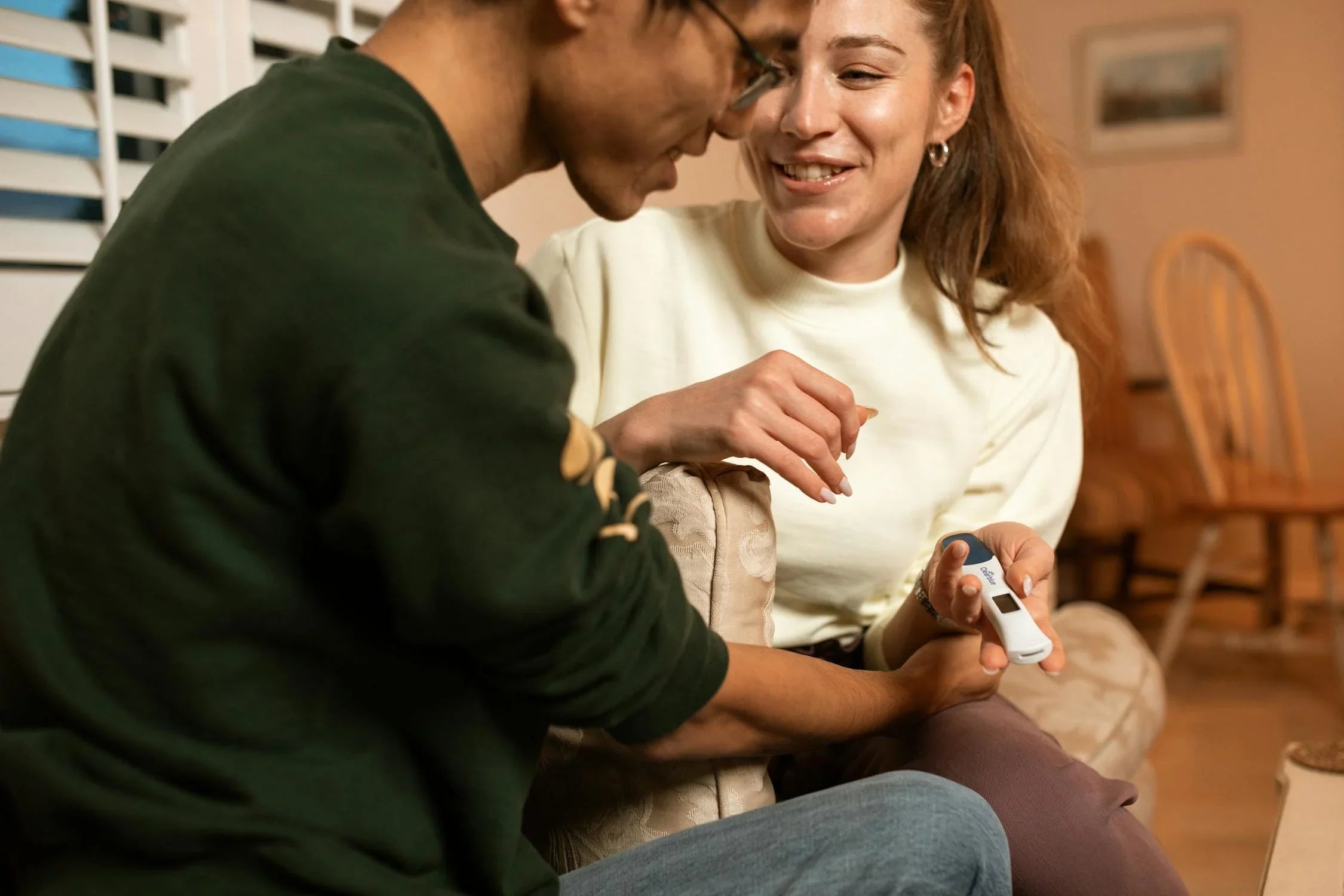Accueil
Pregnancy, Breastfeeding, and Pumping: The Ultimate Guide for Moms
Do Ectopic Pregnancy Test Positive: Understanding the Results

Do Ectopic Pregnancy Test Positive: Understanding the Results
When it comes to pregnancy, the first sign for many women is a positive result on a home pregnancy test. But what happens when the pregnancy isn’t developing as it should? Specifically, do ectopic pregnancy test positive? The answer is yes, but there’s more to the story. Understanding the nuances of ectopic pregnancies and how they interact with pregnancy tests can help you make informed decisions about your health.
What Is an Ectopic Pregnancy?
An ectopic pregnancy occurs when a fertilized egg implants outside the uterus, most commonly in the fallopian tube. This type of pregnancy is not viable and can pose serious health risks if not detected and treated early. Symptoms often include abdominal pain, vaginal bleeding, and shoulder pain, but these can vary widely.
How Do Pregnancy Tests Work?
Pregnancy tests detect the presence of human chorionic gonadotropin (hCG), a hormone produced during pregnancy. Both home pregnancy tests and blood tests measure hCG levels. However, these tests cannot determine the location of the pregnancy, which is why an ectopic pregnancy can still result in a positive test.
Do Ectopic Pregnancy Test Positive?
Yes, ectopic pregnancies typically test positive on standard pregnancy tests. This is because the fertilized egg still produces hCG, even if it’s implanted outside the uterus. However, hCG levels in ectopic pregnancies may rise more slowly than in normal pregnancies, which can sometimes lead to confusion or delayed diagnosis.
Signs That a Positive Test Might Indicate an Ectopic Pregnancy
While a positive pregnancy test is usually a cause for celebration, certain symptoms may suggest an ectopic pregnancy. These include severe abdominal pain, dizziness, fainting, and unusual vaginal bleeding. If you experience these symptoms, seek medical attention immediately.
How Are Ectopic Pregnancies Diagnosed?
If an ectopic pregnancy is suspected, your healthcare provider will likely perform a series of tests. These may include a transvaginal ultrasound to locate the pregnancy and blood tests to monitor hCG levels. Early diagnosis is crucial to prevent complications such as ruptured fallopian tubes.
Treatment Options for Ectopic Pregnancies
Treatment for an ectopic pregnancy depends on its size, location, and how far along it is. Options may include medication to stop the growth of the pregnancy or surgery to remove it. In some cases, the affected fallopian tube may need to be removed as well.
Can You Prevent an Ectopic Pregnancy?
While there’s no guaranteed way to prevent an ectopic pregnancy, certain steps can reduce your risk. These include avoiding smoking, treating sexually transmitted infections promptly, and managing conditions like endometriosis or pelvic inflammatory disease.
Emotional Impact of an Ectopic Pregnancy
An ectopic pregnancy can be emotionally challenging, especially if you were hoping to conceive. It’s important to seek support from loved ones or a mental health professional to process your feelings and navigate the recovery process.
When to See a Doctor
If you have a positive pregnancy test and experience any unusual symptoms, don’t wait to see a doctor. Early intervention can make a significant difference in your health and future fertility.
Understanding whether ectopic pregnancies test positive is just the first step. If you suspect something might be wrong, trust your instincts and seek medical advice. Your health and well-being are worth it.
Partager

